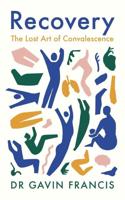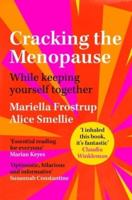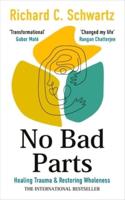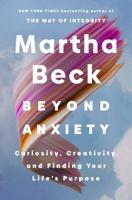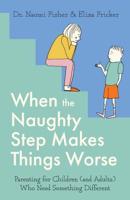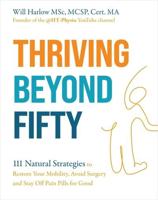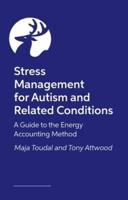Publisher's Synopsis
Did you know that in the UK and Australia, Alzheimer's disease claims more women's lives than breast cancer? Or that, compared to a man, a 45-year-old woman has a one in five risk of having Alzheimer's before she passes away?You're not alone if these figures are unfamiliar to you.
Alzheimer's disease is becoming more prevalent among women, and it is getting worse. Unfortunately, the issue hasn't garnered much public coverage or attention from the medical community thus far. Imagine if a meteor is heading straight for Earth. In the impact zone, 30 million people are about to perish. You'd anticipate a frenzy of space research, dramatic news headlines, and a coordinated effort to do everything in our power to avert the impending catastrophe. Now think that during the next 30 years, a comparable number of women will pass away from Alzheimer's disease, and nothing is being done to prevent it. The cause? There is, however, a very particular form of discrimination at work, and it has very significant repercussions. The main point is that gender inequality in medicine is a major contributor to the crisis in women's health.In the past, men controlled the medical field. Male scientists who researched mainly male participants were consulted by male doctors. The human body is now viewed by medicine as being de facto male. What is the epidemic's root cause? What can we do, more crucially, to put a stop to it? This book clarified these issues and provided a motivational, useful toolkit for maintaining good brain function at any age. This book will teach you
How learning to play an instrument can benefit your brain, why women are frequently given the wrong diagnosis when suffering a heart attack, and why moderate exercise is better for you than working out till you drop.

